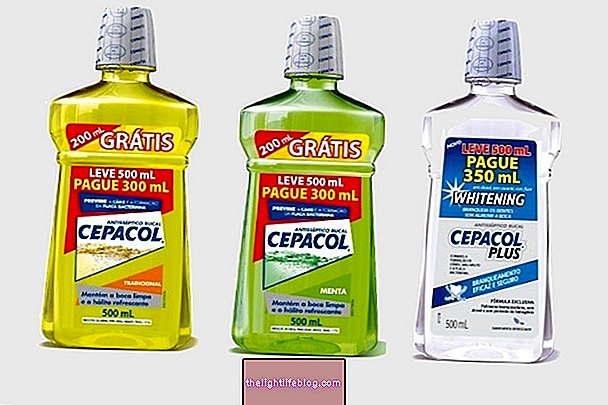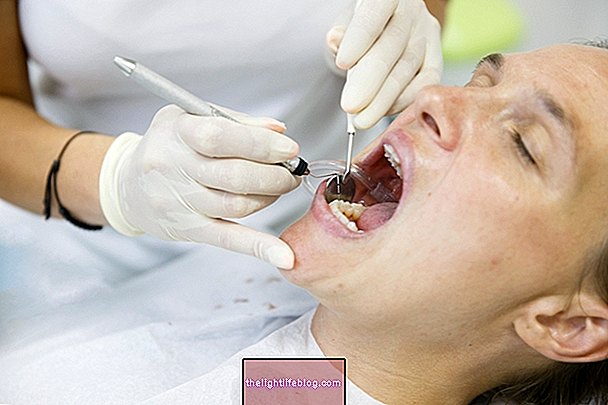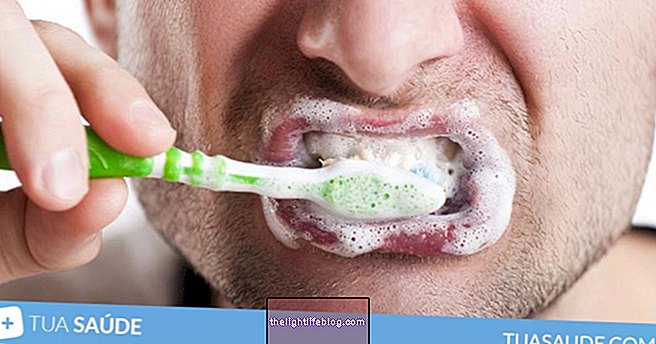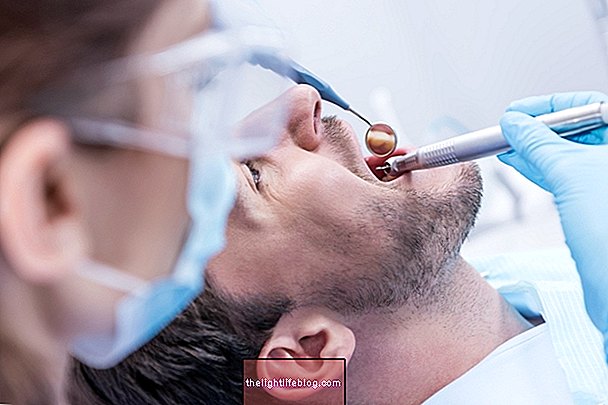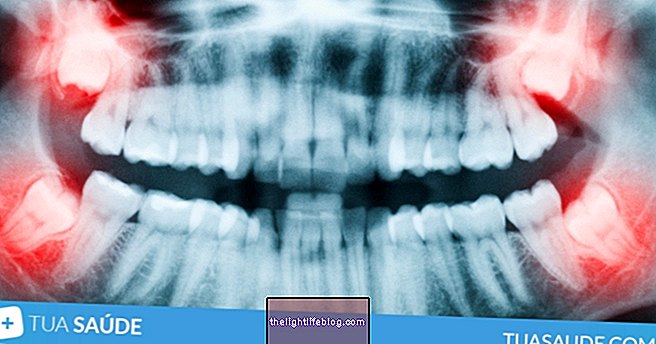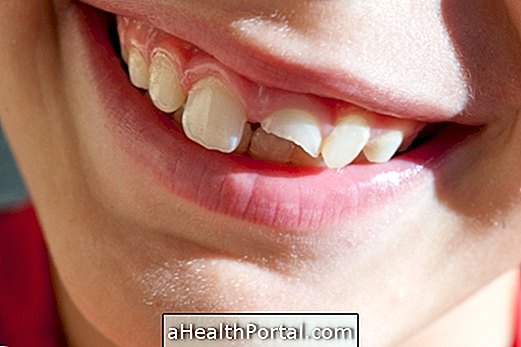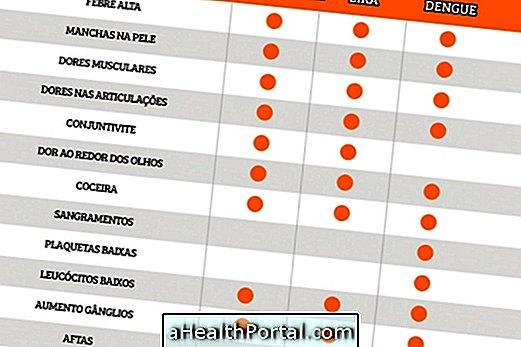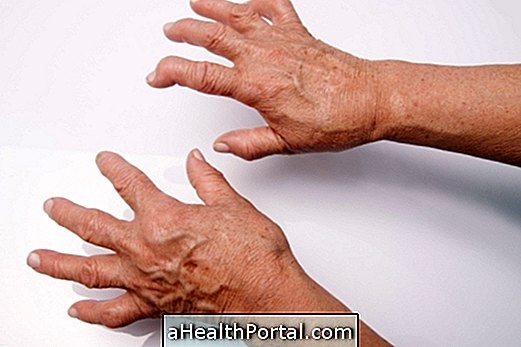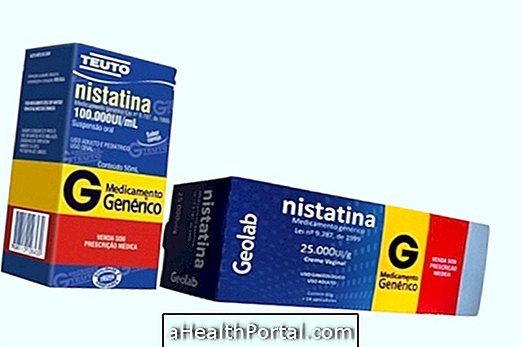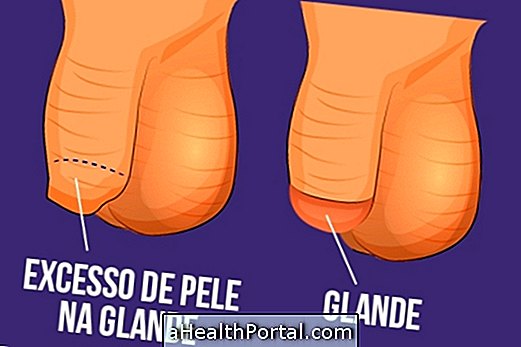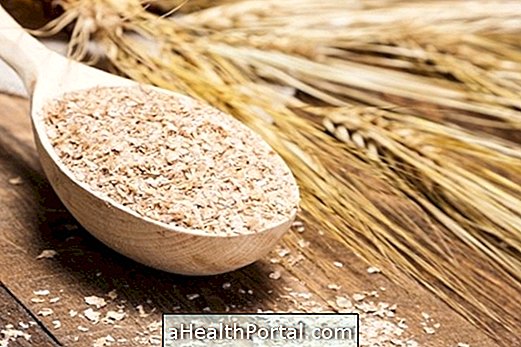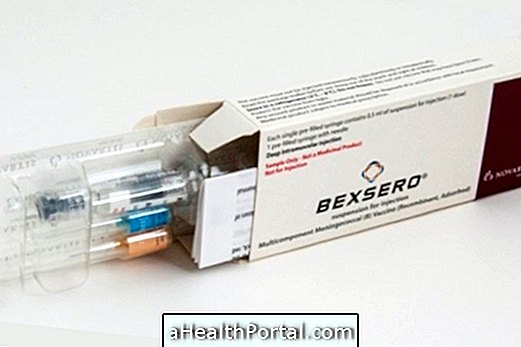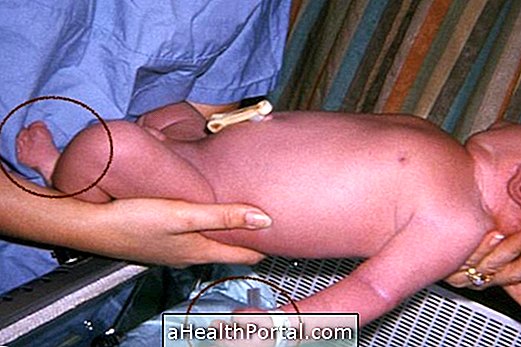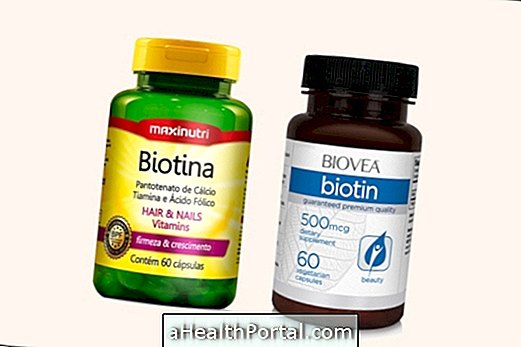Toothache remedies help relieve local pain and inflammation, so in most cases it can be a definitive solution, especially during the birth of your wisdom teeth, without having to consult your dentist.
However, when toothache persists for more than 2 days after starting treatment with this type of medication, it is advisable to consult a dentist to evaluate the affected tooth and initiate appropriate treatment, which may include the use of antibiotics in the case of infection, for example.

Thus, the most commonly used remedies for toothache include:
- Local anesthetic remedies, such as benzocaine ointment or xylocaine: help numb the nerves together of the tooth, allowing very rapid relief of pain;
- Analgesic remedies, such as Paracetamol or Dipirone: have properties that help relieve mild to moderate pain;
- Anti-inflammatory drugs, such as Ibuprofen, Naproxen, or Aspirin, reduce pain and inflammation at the site of the gum where the tooth is found and are therefore most commonly used in cases of constant pain caused by the growth of wisdom teeth;
However, before using any of these medicines, it is important to consult a physician or dentist to guide the dosage and time of ingestion, adapting them to the individual's medical history, in order to avoid side effects and drug interactions, such as patients to be treated with anticoagulants, which should not take aspirin, for example.
In the case of toothache in pregnancy, the only recommended remedy for safe use is paracetamol, which is a painkiller widely used during gestation to relieve pain.
See also how to quickly relieve toothache at home.
When to go to the dentist
It is recommended to consult the dentist whenever toothache arises, however, situations that need more attention include:
- Pain that does not improve after 2 days;
- Emergence of fever above 38ºC;
- Development of symptoms of infection, such as swelling, redness or changes in taste;
- Difficulty breathing or swallowing.
When toothache is not treated properly it can result in widespread infection and hospitalization of the patient to make antibiotics in the vein.
If you are looking for healthy teeth and whites, watch the following video and learn what you can do to not stain your teeth:

